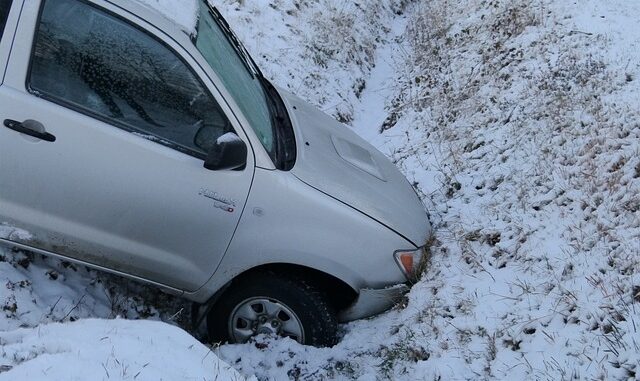
The shock of a car accident can be overwhelming. In those critical moments immediately after the impact, knowing what to do can make a significant difference in ensuring the safety of everyone involved and protecting your legal rights. This comprehensive guide will provide you with clear and concise instructions on how to navigate the immediate aftermath of a car accident in Ontario.
1. Prioritize Safety Above All:
The first and most crucial step is to ensure the safety of yourself and others. If possible, move your vehicle to a safe location away from traffic. Turn on hazard lights to alert other drivers. Check yourself and others for injuries. If anyone is injured, call 911 immediately. Do not attempt to move anyone who is seriously injured unless their life is in immediate danger.
2. Call for Assistance:
If there are injuries or significant damage, call the police. Even in minor accidents, it’s advisable to call the police to document the incident. The police will create an official report, which is essential for insurance claims. Additionally, consider calling for roadside assistance if your vehicle is not drivable.
3. Exchange Information:
Exchange contact and insurance information with the other driver(s) involved. This includes:
- Full name
- Driver’s license number
- Insurance company and policy number
- License plate number
- Vehicle make, model, and year
- Contact information of any witnesses
4. Document the Scene:
Gather as much evidence as possible. If you have a smartphone or camera, take pictures of the accident scene from various angles. Capture images of the damage to all vehicles involved, skid marks, traffic signs, and any other relevant details. If there were witnesses, ask for their contact information.
5. Report the Accident:
In Ontario, you must report any accident resulting in personal injury or property damage exceeding $2,000 to the police. For accidents involving only property damage under $2,000, you can report the incident to a Collision Reporting Centre (CRC) within 24 hours.
6. Seek Medical Attention:
Even if you don’t feel injured at the scene, it’s crucial to seek medical attention as soon as possible. Some injuries may not be immediately apparent. A medical professional can assess your condition and provide necessary treatment.
7. Notify Your Insurance Company:
Contact your insurance company as soon as possible to report the accident. Provide them with accurate and detailed information about the incident. Follow their instructions regarding claims procedures and repairs.
8. Consult a Lawyer (If Necessary):
If the accident resulted in serious injuries or significant property damage, consider consulting a personal injury lawyer. They can help you understand your legal rights, navigate the insurance claims process, and potentially pursue compensation for damages.
Additional Tips for Ontario Drivers:
- Keep a copy of your insurance documents and registration in your vehicle.
- Have a first-aid kit and emergency supplies readily available in your car.
- Consider installing a dashcam to record accidents and provide valuable evidence.
- Be aware of Ontario’s “no-fault” insurance system, which means your own insurance company will cover your initial expenses regardless of who caused the accident.
- Stay calm and cooperate with the police and other drivers involved.
Remember, the aftermath of a car accident can be stressful and confusing. By following these guidelines, you can ensure your safety, protect your rights, and begin the process of recovery.
By staying informed and prepared, you can confidently handle the challenges that may arise after a car accident in Ontario.



